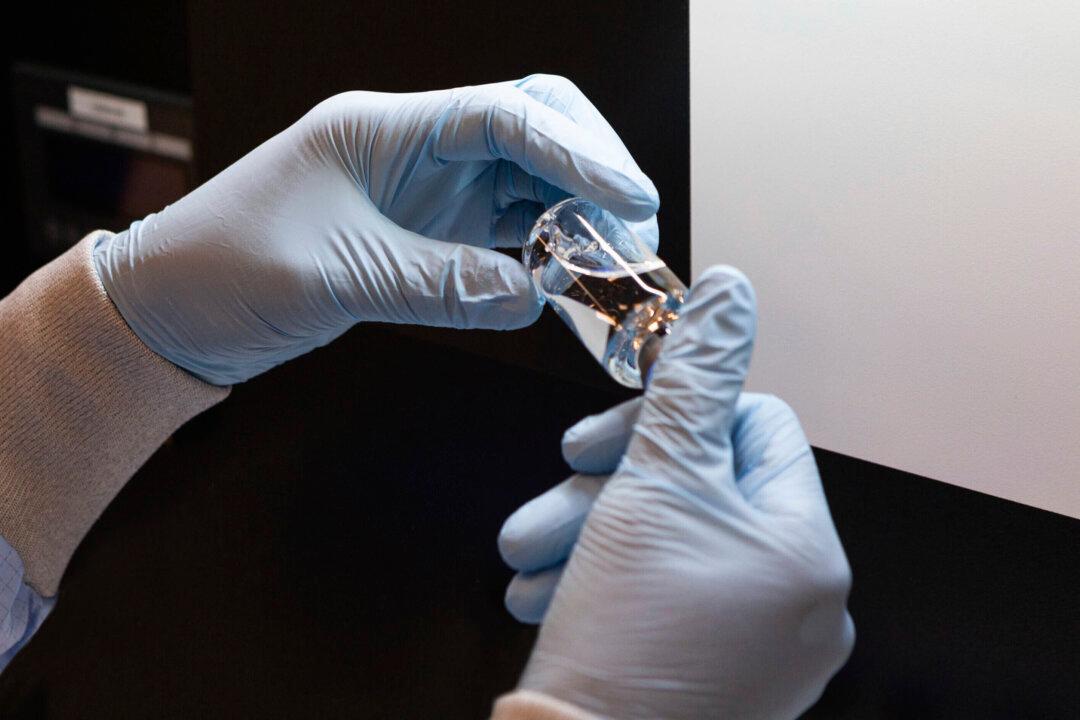Remdesivir therapy, an experimental antiviral therapy that has been used to treat COVID-19, has no substantial effect on a patient’s chances of survival, a study by the World Health Organization (WHO) has found.
The antiviral medication, developed by U.S. drugmaker Gilead Sciences, was one of a number of drugs used to treat President Donald Trump following his CCP (Chinese Communist Party) virus diagnosis earlier this month. It is among the first to be used as a treatment for COVID-19, the disease caused by the virus.





